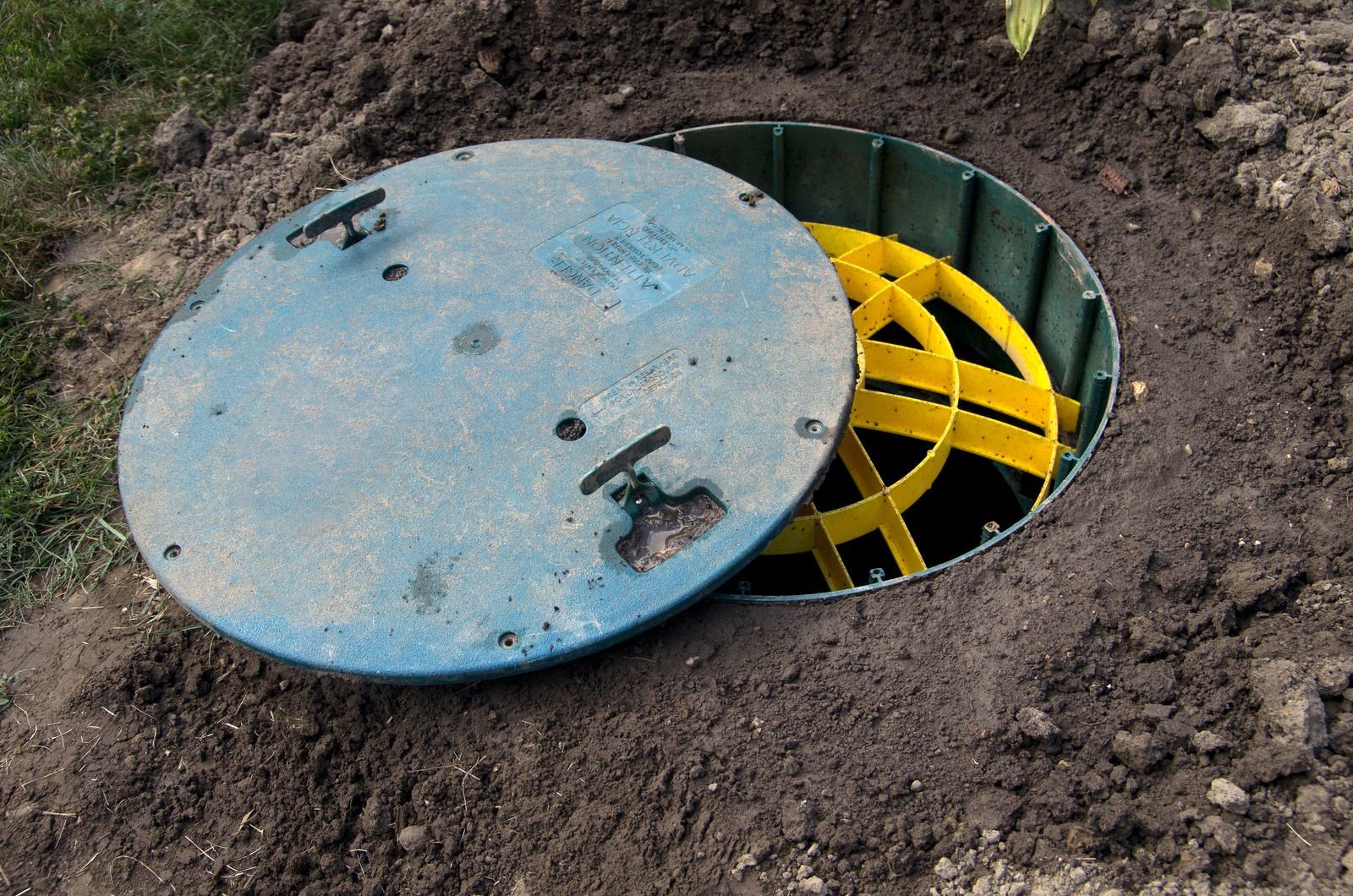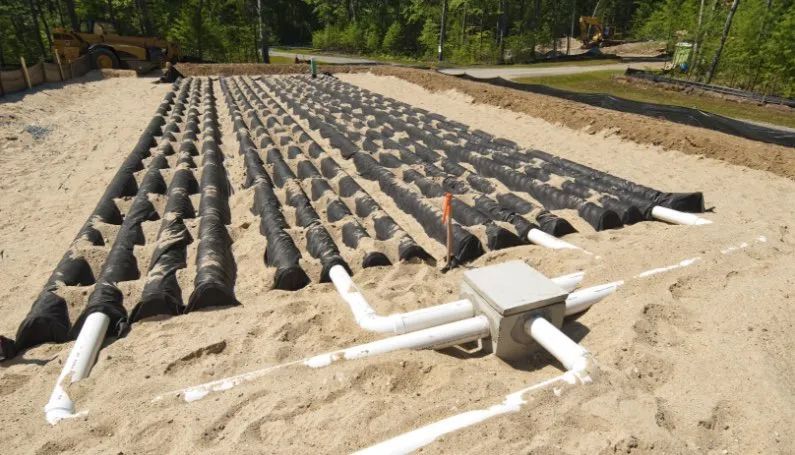The Future of Wastewater Engineering: Innovations in Sustainable Water Treatment
As global water demand continues to rise and environmental concerns grow, sustainable water treatment has become a priority in wastewater engineering. Traditional methods often fall short in preserving valuable resources, leading to innovations aimed at improving efficiency, reducing costs, and minimizing the environmental footprint of wastewater treatment processes. The future of wastewater engineering is moving toward smarter, more eco-friendly solutions that focus on resource recovery, energy efficiency, and a holistic approach to water management.
1. Resource Recovery: Turning Wastewater into a Resource
One of the most exciting developments in wastewater engineering is the concept of resource recovery. Instead of treating wastewater as waste to be discarded, modern technologies now focus on recovering valuable resources from it. For instance, wastewater treatment plants are beginning to extract nutrients like phosphorus and nitrogen, which can be used as fertilizers. Additionally, the recovery of biogas during the treatment process offers the potential for renewable energy production, reducing reliance on external energy sources. This shift toward a circular economy approach is reshaping how wastewater is viewed and managed, making it a resource rather than a burden.
2. Energy-Efficient Treatment Technologies
Energy consumption has always been a significant concern in wastewater treatment, as these plants often consume large amounts of electricity to power pumps, aeration systems, and other equipment. However, innovations in energy-efficient technologies are helping to reduce the energy demands of treatment processes. Advanced membrane filtration systems, for example, require less energy to treat large volumes of water, while emerging technologies like anaerobic digestion are capable of producing energy from organic waste. The integration of renewable energy sources, such as solar or wind power, into wastewater treatment facilities is another promising avenue that can reduce the overall environmental impact.
3. Smart Water Management Systems
The rise of smart technology is transforming industries across the board, and wastewater engineering is no exception. Advanced sensors, automation systems, and artificial intelligence are now being integrated into wastewater treatment plants to monitor water quality in real-time, predict system failures, and optimize treatment processes. These smart water management systems can help detect pollutants more quickly, improve decision-making, and reduce operational costs. Furthermore, predictive maintenance algorithms can identify potential equipment failures before they occur, extending the life of infrastructure and preventing costly repairs.
4. Desalination and Wastewater Reuse
As freshwater resources become scarcer, desalination and wastewater reuse are gaining traction as sustainable solutions. Desalination technology, which removes salt and other impurities from seawater, offers the potential to create potable water from abundant saltwater resources. Coupled with advanced wastewater reuse technologies, such as membrane bioreactors, these solutions can help address water shortages in arid regions. The ability to recycle wastewater for non-potable uses like irrigation, industrial processes, or even potable water in some cases, offers a significant opportunity for reducing the strain on freshwater supplies.
Revolutionizing Wastewater Treatment in Austin, TX
At Environmental Design Group, we are proud to be at the forefront of wastewater engineering innovations in Austin, Texas. With over 55 years of combined experience in sustainable water treatment solutions, we are committed to helping businesses and municipalities adopt cutting-edge technologies that optimize water resources and reduce environmental impact. Our team is dedicated to designing and implementing solutions that drive efficiency and sustainability in wastewater treatment systems. If you’re looking to explore innovative wastewater treatment solutions, contact Environmental Design Group today to see how we can help you make a positive impact on the environment.



